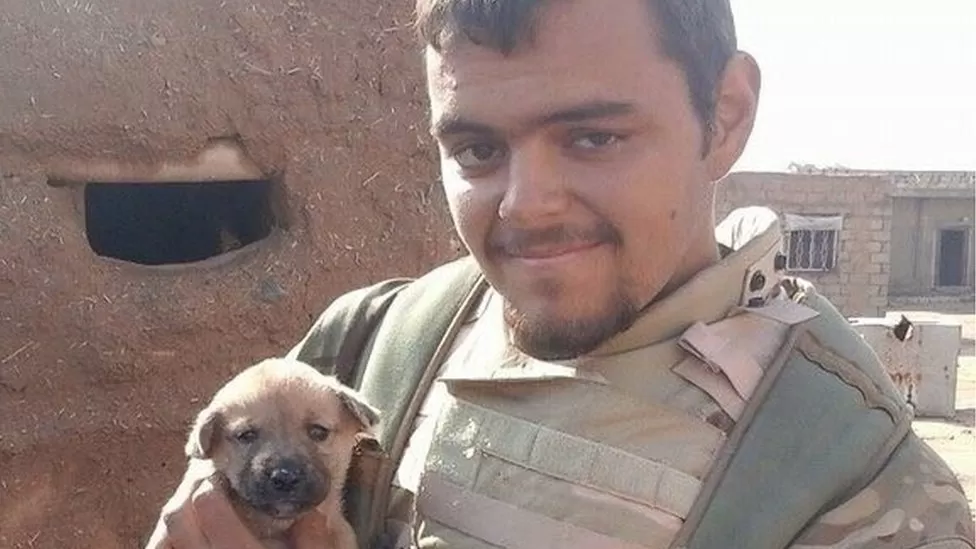Former Ukrainian soldier who is being held by forces supported by Russia says he plans to return as an online reporter.
Despite being taken prisoner in April, Aiden Aslin was one of five British nationals who were freed in September.
Mr. Aslin, a resident of Newark, Nottinghamshire, who received a death sentence, said he was beaten and stabbed while a prisoner.
He has since declared that he will not engage in combat but instead report on the war from his YouTube channel.
In April, Mr. Aslin was taken prisoner during combat in Mariupol, a city in the southeast.
After being freed, he admitted that he had been held in a tiny cell with an open window, no toilets, and scant food.
In addition, he claimed, he had received punches, death threats, and orders to perform the Russian national anthem.
Analysis
It may seem strange to go back to Ukraine after such a horrible ordeal.
Aiden, though, has long accepted the dangers.
He lived in Ukraine for four years, and he still has a strong connection to it and a desire to participate in the struggle there.
Social media has a sizable audience for content that stirs up conflict. On Instagram, YouTube, and other platforms, a large number of combatants, civilians, and citizen journalists share their experiences, bringing us closer than ever to the horrors of conflict.
This is the channel Aiden now plans to utilise to draw attention to the struggle his former allies are still having. He believes he can offer a viewpoint that perhaps traditional media outlets cannot.
Now that Aiden is well-known in Ukraine, he will have access to more opportunities, but he is also aware that this could make things more dangerous.
Even if it is difficult for them, his family at home supports his decision.
Alexander Nikulin, the judge who executed Mr. Aslin and two other people, was shot and hurt earlier this month in what appears to have been an assassination attempt.
In September, ten prisoners, including Mr. Aslin, were freed after Saudi Arabia claimed to have arranged a trade between Russia and Ukraine.
Five of them, including Mr. Aslin, John Harding, Dylan Healy, Andrew Hill, and Shaun Pinner, were British citizens.
In the self-declared Donetsk People’s Republic, Mr. Aslin, Mr. Pinner, and a Moroccan citizen named Brahim Saadoun were put on trial and informed they would likely receive the death penalty.

